Project Management
more topics
Planning
A great project starts with a clear plan. It’s tempting to skip this step—especially for seasoned professionals—but it remains one of the most powerful tools in your toolkit.
Think of a project plan like a flight path: it sets direction, aligns the team, and helps you navigate turbulence like scope changes, delays, or shifting priorities. Plans don’t need to be perfect—they’ll evolve—but having a shared starting point makes collaboration smoother and outcomes stronger.
It might feel like a chore at first. But once things get bumpy, you'll be glad it’s there.
Team Dynamics
At its core, project management is about people. You’re not just managing schedules—you’re building momentum through trust, collaboration, and shared ownership.
The most effective project managers don’t push—they invite. They create space for others to feel heard, valued, and motivated to contribute. When people believe their ideas matter, they step up—and that’s when projects move from competent to exceptional.
Strong team dynamics don’t just improve morale—they elevate results.
Communication
Communication is the lifeblood of any successful project. It connects people, builds trust, and keeps progress moving forward. Think of it as the signal in a network: steady, responsive, and always flowing. Whether it’s a quick check-in or a milestone meeting, consistent communication helps teams stay informed, aligned, and energized. With the right communication rhythm, even complex projects feel more manageable and more human.

